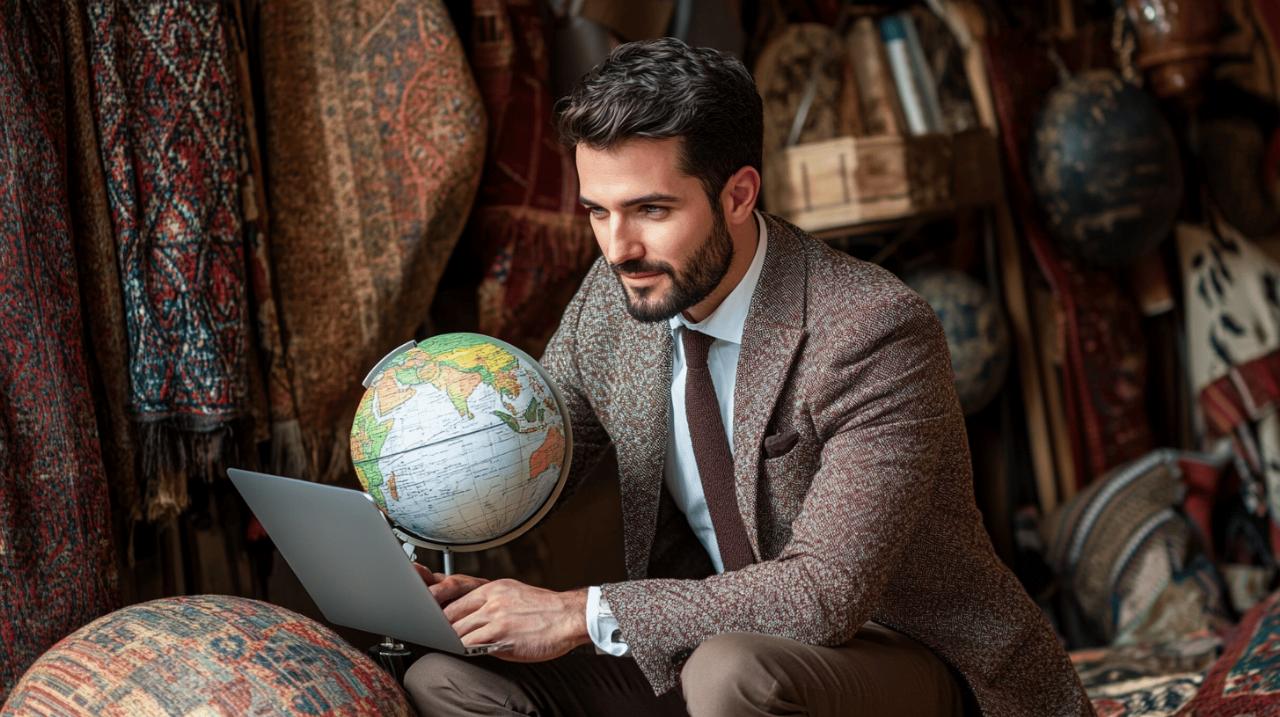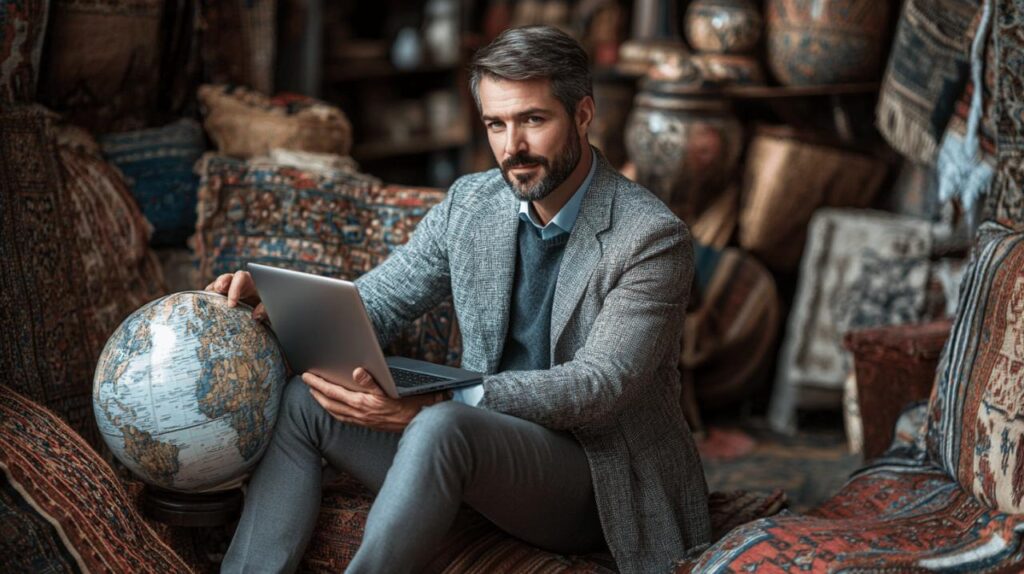Cultural identity, a complex tapestry of values, beliefs, and customs, often remains invisible to us until we step outside our familiar surroundings. Through travel, we gain a unique perspective on not only other cultures but our own as well. This journey of self-discovery through global exploration can lead to profound insights about who we are and where we come from. From the bustling streets of Buenos Aires to the serene beaches of the Seychelles, each destination offers a mirror to our own cultural identity.
The mirror effect: how foreign cultures reflect our own
When we travel beyond our borders, we often experience a phenomenon that anthropologists call the mirror effect. This occurs when exposure to different cultural norms and practices suddenly makes our own customs visible to us. Walkabout Travel regularly features articles that showcase how tourists discover aspects of their own cultural identity while exploring diverse destinations like New Caledonia, where urban planning reflects a complex blend of indigenous and colonial influences. This reflection process is rarely as immediate or obvious as seeing our physical reflection, but it gradually reveals the cultural lenses through which we view the world.
Recognition of personal cultural norms when abroad
The recognition of our own cultural norms often happens in unexpected moments during travel. It might be in noticing how differently time is perceived in the Dominican Republic compared to the structured schedules many Westerners live by. Or perhaps in observing how communal meals in certain cultures contrast with individual dining practices in others. These observations serve as powerful catalysts for understanding the unspoken rules that have shaped our behaviour since childhood. Travel guides often focus on the external experience of heritage sites and local traditions, but the internal journey of cultural self-awareness can be equally transformative.
Cultural Shock as a Tool for Self-Discovery
Cultural shock, while often portrayed as a negative experience, can actually be a valuable tool for self-discovery. The initial discomfort when faced with unfamiliar customs at international destinations creates a unique opportunity to examine our automatic reactions and deeply held assumptions. Whether exploring the gay scene in Buenos Aires or navigating the bicycle courier culture in Pau, France, these moments of disconnection force us to question why we do things the way we do. Travellers who embrace this discomfort rather than retreating into familiar patterns often report the most profound shifts in their understanding of their own cultural identity. Through these challenging experiences, we may discover that some aspects of our cultural identity are more flexible than we imagined, while others are deeply ingrained.
Cultural Immersion as a Path to Identity Formation
 Moving beyond surface-level tourism toward cultural immersion provides a deeper pathway to understanding both foreign customs and our own cultural makeup. True immersion involves engaging with local communities, participating in everyday activities, and attempting to see the world through different cultural frameworks. Travel planning with cultural immersion in mind might include staying in local accommodations, shopping at neighbourhood markets, and seeking authentic experiences away from tourist centres. The articles featured on Walkabout Travel about exploring Anse des Cayes on foot exemplify this approach, encouraging travellers to engage with destinations at a slower, more intimate pace.
Moving beyond surface-level tourism toward cultural immersion provides a deeper pathway to understanding both foreign customs and our own cultural makeup. True immersion involves engaging with local communities, participating in everyday activities, and attempting to see the world through different cultural frameworks. Travel planning with cultural immersion in mind might include staying in local accommodations, shopping at neighbourhood markets, and seeking authentic experiences away from tourist centres. The articles featured on Walkabout Travel about exploring Anse des Cayes on foot exemplify this approach, encouraging travellers to engage with destinations at a slower, more intimate pace.
Living like a local: beyond tourist experiences
Living like a local requires intention and effort, but yields profound insights impossible to gain through conventional tourism. This might involve renting an apartment instead of staying in a hotel, shopping at local markets, or committing to use public transportation. Students travelling abroad often benefit from special discounts, making extended stays more accessible for young people seeking cultural experiences. These extended immersions allow travellers to observe the subtle cultural codes that govern daily life, from appropriate greetings to unspoken rules about personal space. Through this process, we begin to see which aspects of our behaviour are universal human traits and which are specific cultural constructs we have internalized.
Language Acquisition and Its Impact on Cultural Understanding
Learning even basic phrases in a local language opens doors to cultural understanding that remain closed to monolingual travellers. Language shapes thought in profound ways, and certain concepts exist in some languages that have no direct translation in others. Engaging with these linguistic differences provides insight into how various cultures conceptualize everything from time and space to relationships and emotions. Cross-cultural communication becomes more nuanced when we recognize that we are not just translating words but entire worldviews. Travel etiquette guides often emphasize the importance of attempting local greetings, but the deeper value lies in how language acquisition gradually shifts our perspective, allowing us to temporarily step outside our native cultural frameworks and see the world through different eyes.
Through mindful travel and cultural respect, we can transform ordinary global tourism into a powerful journey of self-discovery. Whether planning a wedding in the Seychelles or exploring cultural heritage sites in ancient civilizations, each travel experience offers an opportunity to better understand both the world and ourselves. By approaching travel as not just an outward journey but an inward one, we can return home with not only photographs and souvenirs but also a richer, more nuanced understanding of our own cultural identity and place in our increasingly interconnected world.


